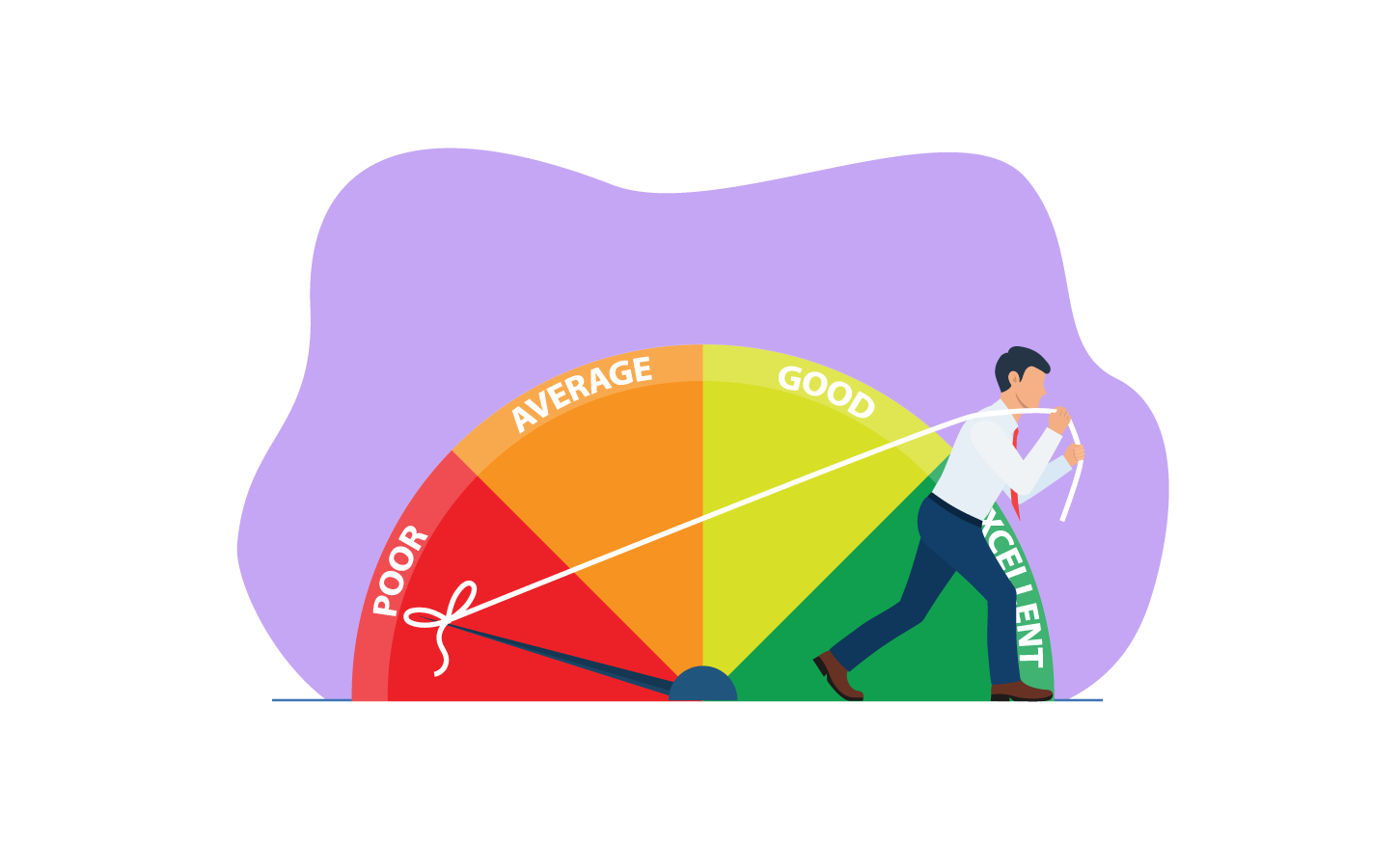When you start dealing with two or more forms of debt, it’s easy to start feeling overwhelmed. You need to wrap your head around the differences between loans and lines of credit, keep track of numerous fixed and variable interest rates, deal with varying repayment terms and somehow stick to your budget through it all.
If you do start losing track, falling behind on repayments or facing the risk of snowballing debt, a debt consolidation loan can be an effective way to retake control of your finances and simplify your repayments. Debt consolidation can be suitable for those having difficulty managing their loan repayments, but there are plenty of common misconceptions that can make it seem more confusing than it is.
What is a debt consolidation loan?
In essence, a debt consolidation loan is a repayment scheme that gathers all your streams of debt into one. The lender uses the loan to pay off other lenders you currently owe money to, including interest and any outstanding late fees or penalties. This process eliminates the confusion of multiple repayments, interest rates and conditions by bringing it all into one debt you can settle under a straightforward repayment scheme.
Myth #1: Debt consolidation works for everyone
There’s no doubt that consolidating debt is exactly what some borrowers need when multiple loans get out of hand. However, it’s not the only way to get out of debt and may not be suitable for those who are keeping on top of their repayments. It’s also important to remember this type of repayment scheme is still a loan: if you continue to spend beyond your means, delay payments, accrue late fees and continue other poor habits, you are likely to find yourself in financial trouble. Another crucial factor to consider with any loan is whether you meet the eligibility criteria, ranging from your residency status to your annual salary.
Myth #2: Debt consolidation will affect your credit score
It’s possible your credit score will drop slightly when you first apply for and take out a new debt consolidation loan, as per the method used by the Credit Bureau of Singapore. However, your score will ultimately benefit provided you make repayments on time and avoid defaulting on the loan. Any initial drop is unlikely to cause headaches if you don’t intend on opening new lines of credit, which means you can focus on the long-term boost a debt consolidation loan can provide.
Myth #3: You will pay more in the long run
There are many different debt consolidation plans available in Singapore, each offering different rates and benefits. High levels of competition mean many products are often available at low interest rates, giving you the potential to actually save money on repayments with the right deal. Factor in any further penalties and late fees you may have avoided on your previous loans and you can end up with a favourable result in the long run.
Myth #4: The process is long and time-consuming
While some loan applications are easier than others, none have to be a time-intensive chore with the right tools at your disposal. CompareSing cuts through the noise, allowing you to compare debt consolidation plans in Singapore by using a quick and easy online enquiry. Our service is completely free to use and offers a wealth of useful, easy-to-digest information to help you make an informed decision. We work with Singapore’s most competitive banks and money lenders, so you can have full peace of mind knowing the best offers are at your fingertips.
About the Author

Led by a team with invaluable expertise across Singapore’s licensed moneylending, banking, and finance industries, CompareSing provides users with a streamlined yet informative experience at every step of their loan journey.


















